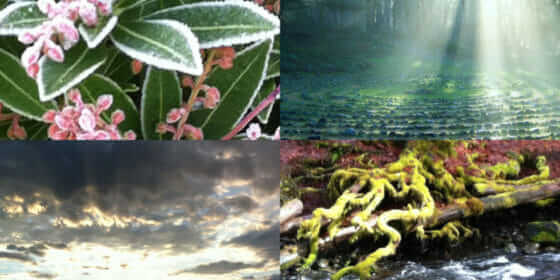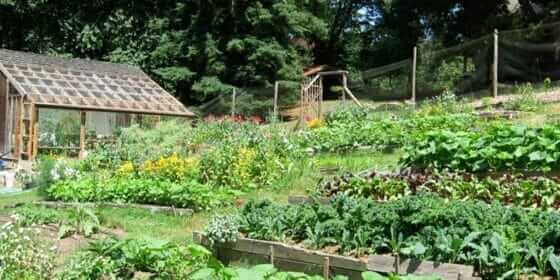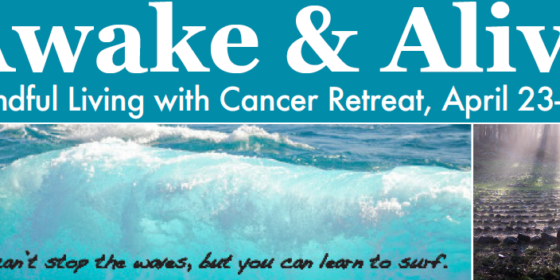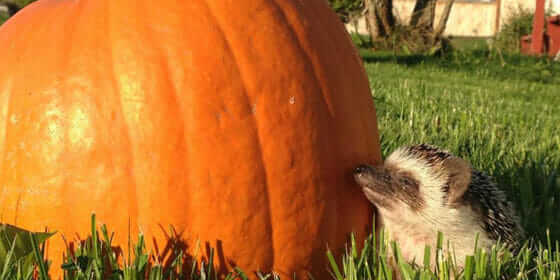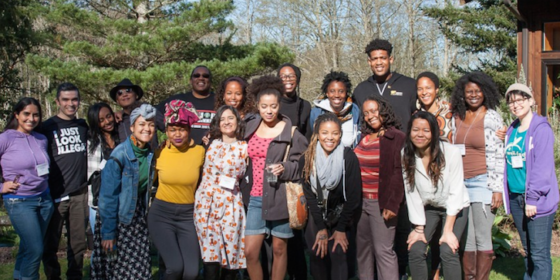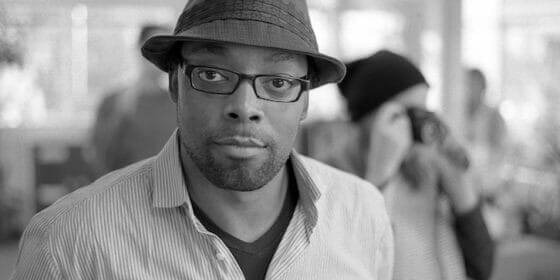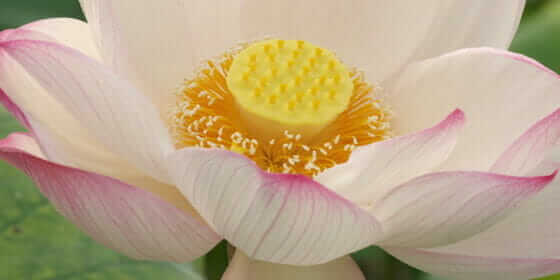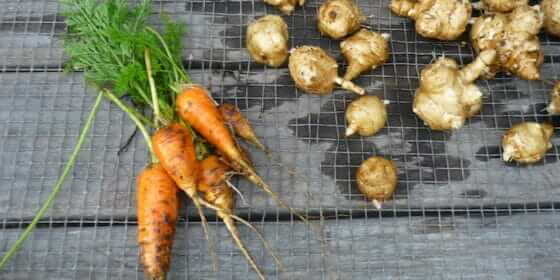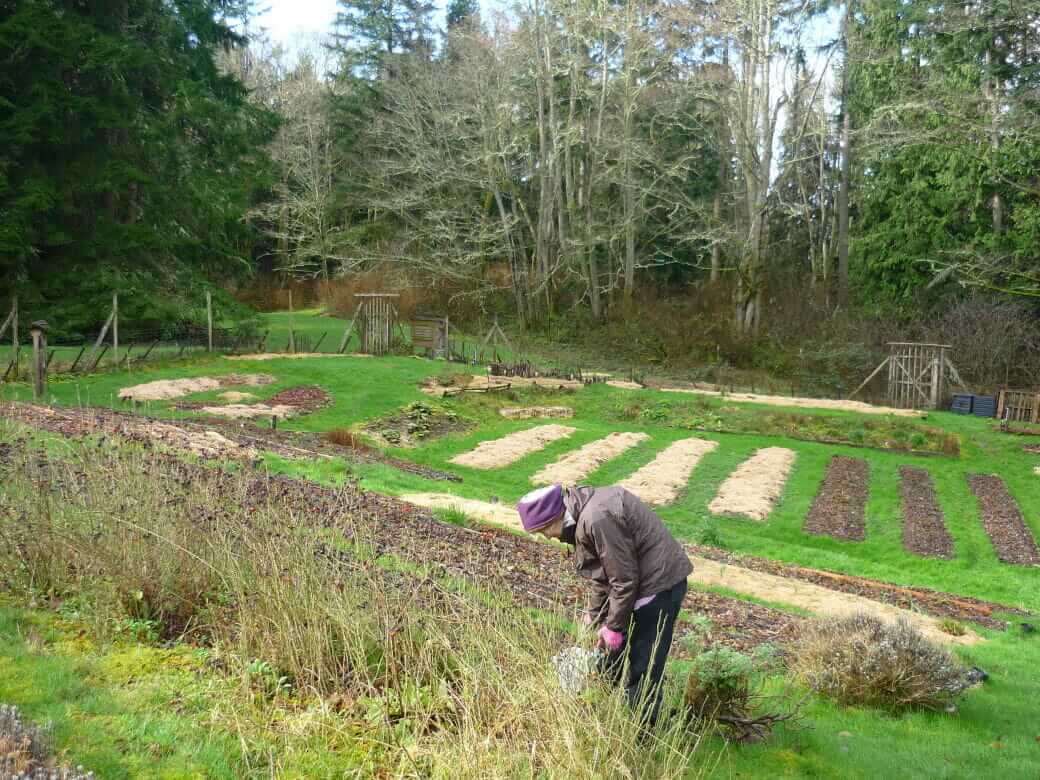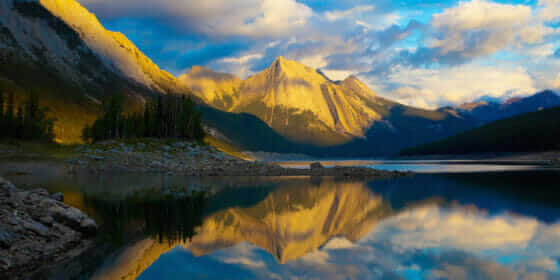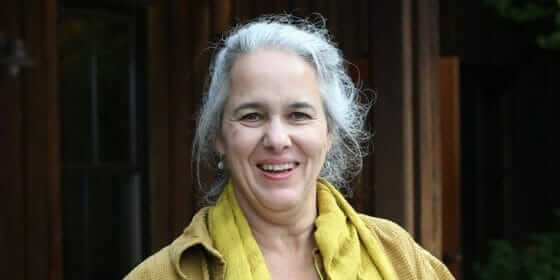Marnie Jackson, the Whidbey Institute’s communications manager, participated in the Warrior Monk Retreat in September 2015. Michelle Mott, a Warrior Monk staff member, was part of that retreat’s leadership team and will be returning to co-facilitate Warrior Monk at the Whidbey Institute in April 2016. They recently had the opportunity to talk with one another about their experiences with this program.
Marnie Jackson (MJ): When I participated in Warrior Monk, your facilitation helped me have a really great experience. I remember on the last day of the program, you gave me a Meister Eckhart poem which I’d never seen before, and which I found deeply meaningful in so many ways. Thank you for getting to know me during our five days together, and for seeing so clearly what I needed to take away with me at the end of our time together.
Today, I’m hoping we can talk a little bit about why the program engages you, and what your ongoing experience has been as a facilitator of Warrior Monk. I know you were also curious about how the program has impacted me, and I do have some thoughts on that question which I’d love to share.
Can I start by asking how long you’ve been involved with Warrior Monk?
Michelle Mott (MM):I went to the training in 2003 at Still Meadows, south of Portland. One week later, I knew I wanted to staff the training because I was so moved by the overall Warrior Monk experience. I appreciated the gracefulness of the training, and how it went to a deep place—a place within me—in a different way than other trainings I had attended. It spoke to my heart, my mind and my soul. It allowed me to examine the experiences of my past in a way that didn’t focus on them but harnessed the learnings and help me focus on what I wanted to receive: a greater connection to myself, to others, and ultimately to spirit. It also allowed me to look at how my beliefs and judgments form my reality. I no longer saw life as black and white but an array of possibilities. I staffed my first training about four months after that.
MJ: Do you still find the retreats impactful on your own life, even though you’re there to facilitate that experience for others?
MM: Every single time. I’ve kept all of my workbooks since 2003, and go through them on occasion to see where I was then and now. I see not only the metamorphosis of myself but also of the training itself, as we help it grow and change to meet the needs of those who come. I walk away, every single time, with new growth and insight.
MJ: There was a lovely staff/participant ratio when I participated. Is that fairly typical?
MM: Yes, we do determine our number of staff depending on the size of the training. We try to make it as gender-balanced as possible, too. The balance of the feminine and masculine helps create a really rich and safe circle. We build the facilitation teams with a lot of intention. Dan leads all of the Warrior Monk retreats and I lead as many as I possibly can.
MJ: I know you’ve spoken about connection to spirit as being an essential part of the experience for you, and I know that when I first came in one my fears was that I was too skeptical, or too agnostic, to engage fully with this program. I emerged with a new perspective and a realization that I needn’t have worried! Can you elaborate on the meaning of the term “spirit” in the context of this work?
MM: It’s always been important to us that Warrior Monk help each person cultivate a relationship with spirituality that is grounded, practical and supportive in everyday life. The work we do with old beliefs, perceived limitations, and stuck emotions and fluency provides that support. We invite people into process work that’s based in experiential psychology, but not about “wound-worship”. Warrior Monk participants consistently share with us that they experience both spiritual and emotional growth, and emerge with new tools for knowing themselves and for living more intentionally and in alignment with their goals and values.
MJ: I know that I came in with a very clear sense of personal mission—I have a cause that I’m deeply compelled to act on and advocate for, so that makes it easy for me to say that I know what my purpose is. I found that the retreat made it easier for me to live my purpose in a healthier way, and to move some hurdles to fulfilling my purpose that were part of my story that I hadn’t analyzed. The retreat helped me discover that I was shrinking away from my purpose out of fear. My temperament, shaped in part by experiences in my past, had made me so frightened of expressing or receiving anger that it was hobbling my ability to fully thrive. The biggest breakthrough in the week, for me, came when I realized the word “kind” needed to make way for the word “honest” in my personal mission statement. HONESTLY, some things make me angry . . . and that’s empowering! By exploring some painful memories and hidden resentments that I hardly even knew I’d been carrying deep within me, I was able to discover a wellspring of courage that had been stopped up within me.
MM: To be able to embody our life purpose or calling in a powerful way is so beautiful and life-affirming. I’m similarly mission-driven, and I know that we can sometimes shame ourselves or feel that we’re not doing enough. It can be good to examine how we do what we’re called to do in a way that’s supportive and empowering without running ourselves into the ground or denying some part of ourselves, and then see how that serves us.
MJ: During the retreat, I was the first person to say, “I don’t need to do this integrative work—I’m very happy, no issues.” I think I was also the first person to cry during this part of our time together! It’s funny, but I think my tendency toward conflict-avoidance had made some of the more challenging aspects of my life both incredibly hard to see and incredibly impactful before the opening that Warrior Monk provided for me.
How did it feel to go home with some of your new skills and insights after five days in a Warrior Monk Retreat?
MJ: It wasn’t until Warrior Monk that I really realized that space to just be quiet was something I was missing in my life. After my busy, social workdays, I was going home to my family and choosing to stare at my smartphone instead of engaging with them. Warrior Monk helped me realize I’d been using email and Facebook as a retreat from my family’s needs. I ended up hating my phone after Warrior Monk and getting rid of it altogether a couple of months ago. With its focus on the power of attention—and on my own accountability for choosing how to use my attention in every moment—the retreat awakened me to the toxic effect my complacency was having on me and my family. It was easy to shift a deeply embedded habit after I explored its emotional roots through this 5-day experience.
MM: What’s the relationship been like with your family since then? Has that been challenging, or easier?
MJ: Well, it’s funny. As soon as I set my phone down and started trying to listen to my children I noticed that I couldn’t hear them well. I’ve had a pretty serious hearing impairment for about eight years, but what Warrior Monk taught me about about self-compassion, and about my own accountability for creating the life I say I want, jarred me into awareness of just how bad it had gotten. I went to an audiologist about four weeks ago and got hearing aids. What a difference! The emotional exhaustion that I was feeling, especially around my children, has subsided dramatically since I got my hearing aids because it no longer takes a lot of mental effort to hear their words. Now I can listen with more presence and ease, and I find that connection with my loved ones is energizing rather than draining.
MM: I can see that you may have had to focus wholeheartedly in a different way in order to hear them before. How amazing!
MJ: Instead of having to choose between looking at my phone or straining to hear my children, I can now listen to them while doing something else . . . so I’m knitting! It’s a much less alienating way of occupying my hands while being with my loved ones. It’s just amazing to me that sitting quietly and being with my family was something that I was almost physically incapable of doing before Warrior Monk, but in the last few months I’ve learned how.
MM: I’m so happy for you and for your family! It’s so beautiful to see what continues to build from this. Have you been able to ask for your quiet time when needed?
MJ: I had a good conversation with my kids, asking for time alone to clean my mule barn each evening. That’s precious, meditative quiet for me and I need it. When I’m the only human in the barn, I can really enjoy my mules’ friendship in a different way. Time alone and time with mules are similar for me in terms of the quality of the experience, because the mules don’t want to converse, and they don’t have questions, and they may have needs but they don’t scream about them unless I’m late with their dinner. I’ve committed to some other practices as well, which I find to be a very important part of remaining happy, grounded, and well-balanced. I’m glad I found a way to incorporate a mindfulness practice in my life that really works for me personally.
MM: The term mindfulness is a catch-phrase these days, but I believe it is a term that means being fully aware of what you’re thinking, feeling and doing in the moment. It takes practice to do this so I appreciate that Warrior Monk creates the space for people to step fully into the mindfulness experience. Through contemplation and experiential exercises, Warrior Monk provides people have the opportunity to look at their beliefs, judgments, emotions, and actions so we can build the muscle to truly practice mindfulness in a moment to moment basis. People can sit for 30 minutes, do a guided meditation online, or take a class, but this five day training allows us to be immersed in it. I believe it is a different, deeper experience.
MJ: What do you want people to know about Warrior Monk that they may not see on the website or the retreat description?
MM: As a participant, I’d want to know what the staying power of this is. I’d ask, “how will it affect my life going forward? How will the experience help me be or become who I truly want to be in this life and will I be a more peaceful, happy person?” As a Warrior Monk graduate and steward, and hearing from people for more than 13 years, I’ve learned that there is a long-term benefit of this work. Because we are able to immerse ourselves in this container of intention, grace, mindfulness, and self-exploration, we typically see deep personal growth that’s initiated at the retreat and then takes on a life of its own. This work can be and has been life-altering for many, many people around the world. The training was designed to allow participants to have an extended time in deep awareness which in turn creates results that stay with us.
MJ: I met some incredible people during my week in the retreat, and now I feel as though there’s a community of people that shared a really powerful experience with me, and with whom I reached a level of trust and understanding that would be hard to achieve with strangers in any other context. It’s reassuring for me to know that there’s this circle of people in the world. They’re all on their own paths, and months may pass before we speak, but I know that we share an understanding that we built together, and that will always be accessible to us if we want to connect. We shared such a range of authentic experiences—silence, song, movement, stillness, honesty, vulnerability, and joy. I think I danced without embarrassment for the first time in my adult life during Warrior Monk.
As a Whidbey Institute staff member, I also loved getting the opportunity to be here on the Chinook Land in a totally different way.
MM: I rave about the Whidbey Institute all the time and mark off the days until I get to be on the land again. The Institute holds Warrior Monk in a way that not every retreat center is able to. There’s a sense of attentiveness on the part of the chefs and staff, but then you step back and hold us from afar which allows us to do what we need to do in a focused and graceful way. It’s the highlight of my year when I get to come and be with you all in this sacred place.
MJ: Warrior Monk is one of our favorite programs to host because we love the leadership so much, and because it helps create the kind of change that serves the world. We have a mission to shift the way people relate to themselves, to the natural world, and to community in generative ways. Warrior Monk seems to be a vital tool for creating that kind of shift on a personal level and creates the opportunity for better interpersonal relationships like I’ve experienced at home. It feels like an important ingredient in this recipe of right relationships.
MM: That’s why I stay involved with it—it helps me to continue deepening my awareness and practice while remaining in right relationship with myself, others, and spirit. I feel incredibly blessed to have been through the experience many times and feel grateful to staff it, because I am in service while continuing to grow personally.
February 24, 2016

